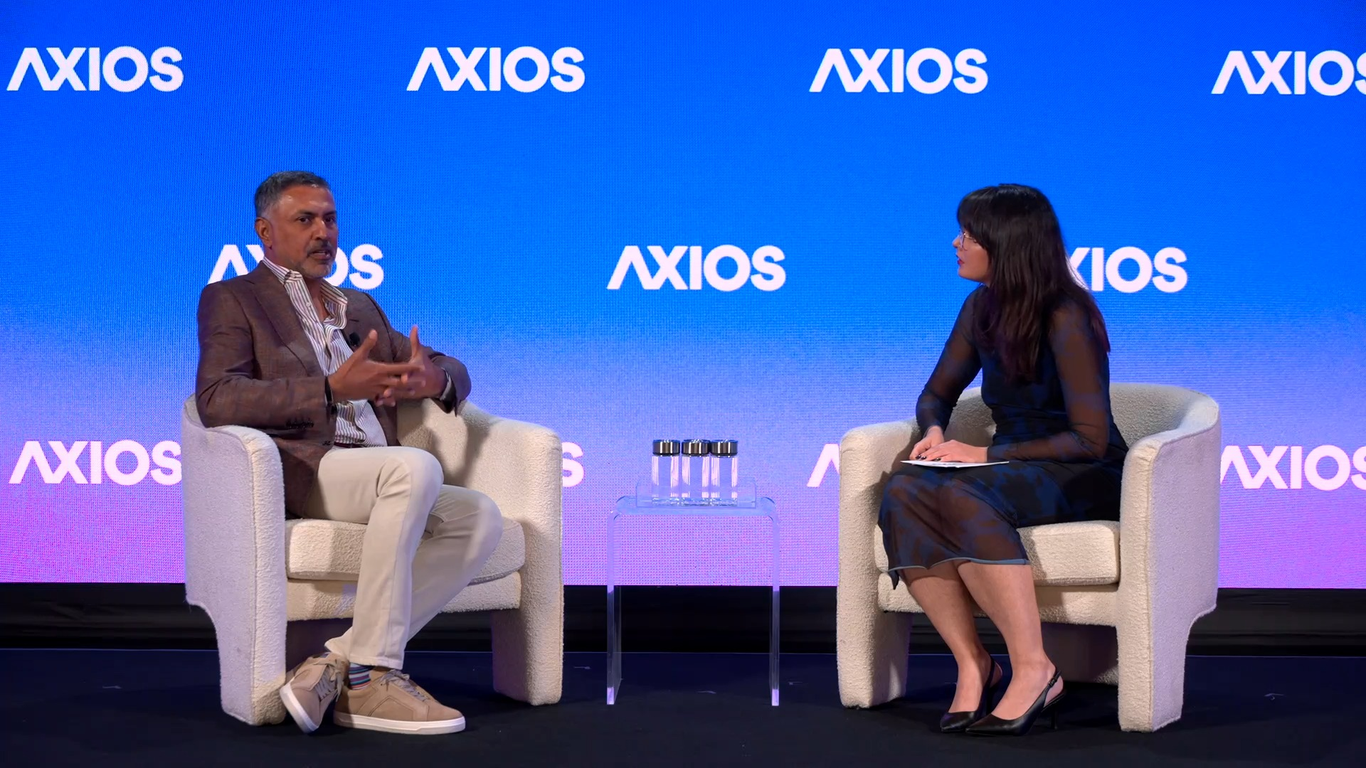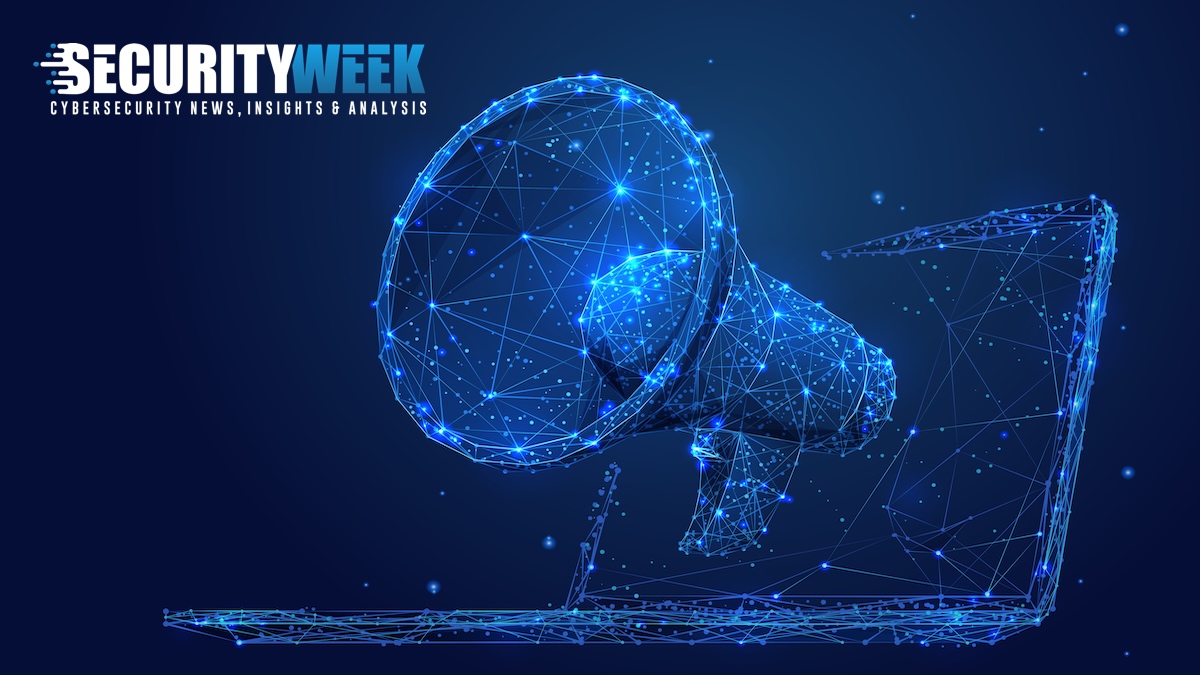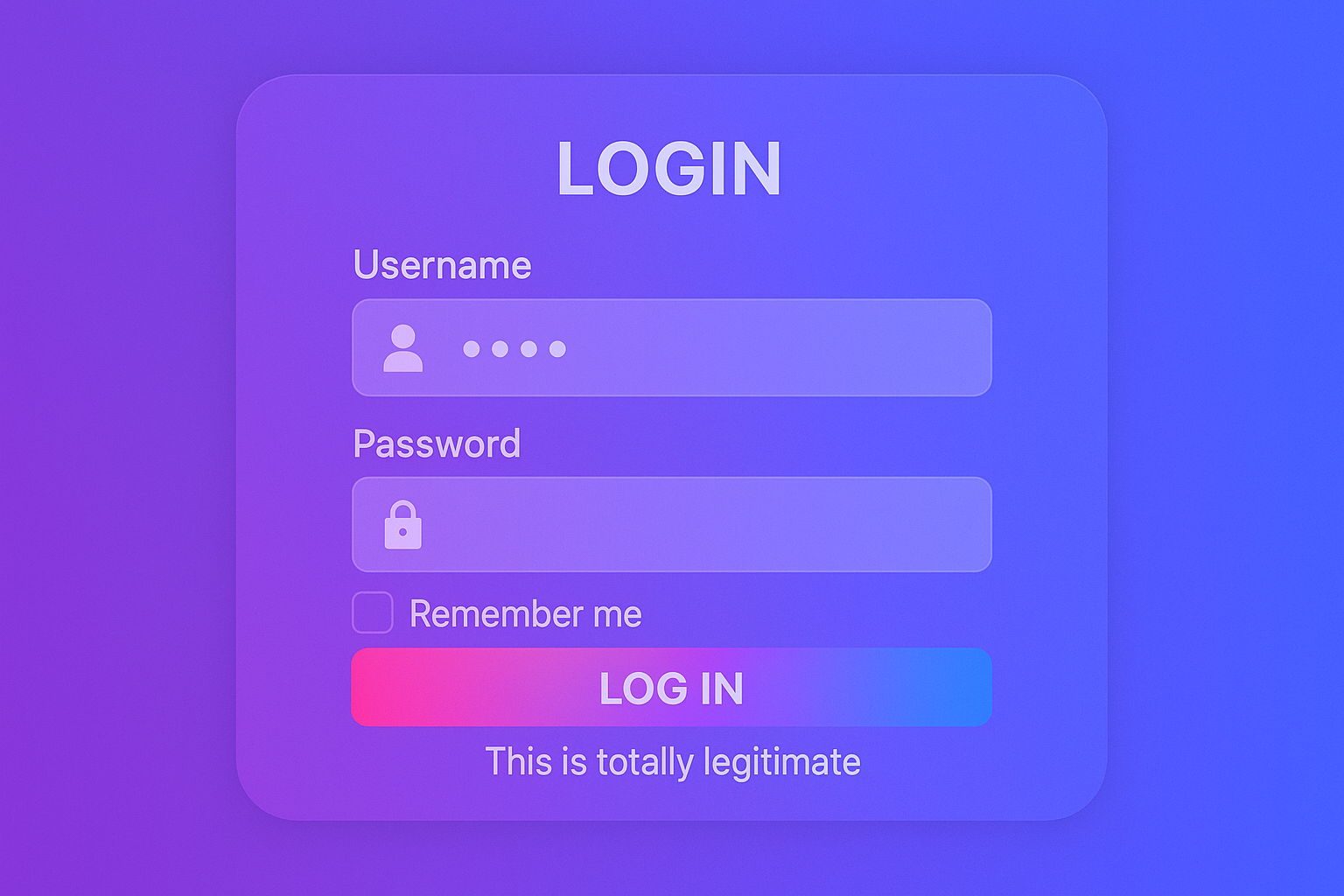#identity-security
#identity-security
[ follow ]
#cybersecurity #ai-agents #access-governance #agentic-ai #okta #ai #non-human-identities #phishing #human-error
fromSecuritymagazine
6 days agoThe New Battleground of Cybersecurity
I've always had what I would consider a hacker mindset, a curiosity to take things apart, understand them, and use that knowledge to solve problems. That mindset took me on a circuitous route into the cybersecurity industry; after being kicked out of high school for hacking computer systems, I worked a range of jobs, managing office supply companies by day and cracking Wi-Fi networks by night until I started a Digital Forensics degree which led me to the world of security research.
Science
fromTechzine Global
3 weeks agoCrowdStrike expands portfolio with acquisition of SGNL
With the acquisition, valued at $740 million, CrowdStrike aims to expand its identity security offering, particularly in cloud environments and AI-driven workloads. The transaction will be financed with a combination of cash and shares. The parties aim to complete the acquisition by the end of April, subject to regulatory approval. According to SiliconANGLE, the acquisition is part of a broader shift within cybersecurity, in which identities are playing an increasingly central role.
Information security
fromNextgov.com
1 month agoCyber experts pinpoint what to look out for in 2026
Looking ahead to 2026, I don't expect a single "big bang" cyber event so much as a steady escalation in quiet, hard-to-spot campaigns. Instead of smashing through the front door, more attackers will simply walk in using valid credentials, abusing identity systems, single sign-on and trusted AI agents to blend into normal activity. These operations will be longer-running, more tightly linked to geopolitical and ideological tensions, and increasingly aimed at disrupting real-world services, not just stealing data.
Information security
from24/7 Wall St.
1 month agoThe Identity Security Profit Machine Pulls Ahead While Its Faster Growing Rival Burns Cash
Okta's quarter showed operational maturity. Revenue climbed 12% year over year, but operating cash flow surged 37% to $218 million. Free cash flow reached $211 million. The company turned a $16 million loss into $23 million in operating income. CEO Todd McKinnon highlighted "continued strength with large customers" and adoption of Okta Identity Governance and Auth0 for AI Agents. Large enterprise deals carry higher margins and stickier retention.
Business
fromTechzine Global
2 months agoServiceNow expands security portfolio with acquisition of Veza
ServiceNow confirms earlier reports in the media that it wanted to acquire Veza. Veza is an American specialist in identity security. ServiceNow has announced the proposed deal without disclosing any financial details. American media report that, according to sources, the value could exceed $1 billion. With this acquisition, ServiceNow is focusing explicitly on identity security, an area that cybersecurity experts say is playing an increasingly central role in data breaches.
Information security
Information security
fromComputerWeekly.com
3 months agoWhy it takes 11 hours to resolve one ID-related cyber incident | Computer Weekly
Fragmented, opaque enterprise environments cause identity-related incidents to average 11 hours to resolve, enabling attackers to pivot and escalate privileges rapidly.
fromThe Hacker News
4 months agoHow to Gain Control of AI Agents and Non-Human Identities
Every enterprise today runs on more than users. Behind the scenes, thousands of non-human identities, from service accounts to API tokens to AI agents, access systems, move data, and execute tasks around the clock. They're not new. But they're multiplying fast. And most weren't built with security in mind. Traditional identity tools assume intent, context, and ownership. Non-human identities have none of those.
Information security
fromChannelPro
5 months agoOkta acquires Axiom Security to enhance privileged access management
In an announcement, Okta's chief technology officer Abhi Sawant said the addition of Axiom will help solve more use cases through additional security controls and connectors to critical infrastructure resources such as databases and Kubernetes. "Axiom's technology will be integrated into Okta Privileged Access, expanding access controls to more sensitive resources that Okta customers can use to further strengthen their identity security fabric, so they can manage the types of privileged access across resources and use cases in their environment," he explained.
Information security
Information security
fromThe Hacker News
8 months agoIdentity Security Has an Automation Problem-And It's Bigger Than You Think
Identity security is compromised by human error, with less than 4% of organizations fully automating identity workflows.
Automation gaps in identity security lead to vulnerabilities, as human reliance increases the risk of breaches.
Privacy professionals
fromThe Hacker News
9 months ago[Free Webinar] Guide to Securing Your Entire Identity Lifecycle Against AI-Powered Threats
Identity systems face vulnerabilities beyond traditional authentication methods, necessitating comprehensive lifecycle protection.
Attackers increasingly use social engineering and advanced technologies, like deepfakes, to compromise identity systems.
[ Load more ]















